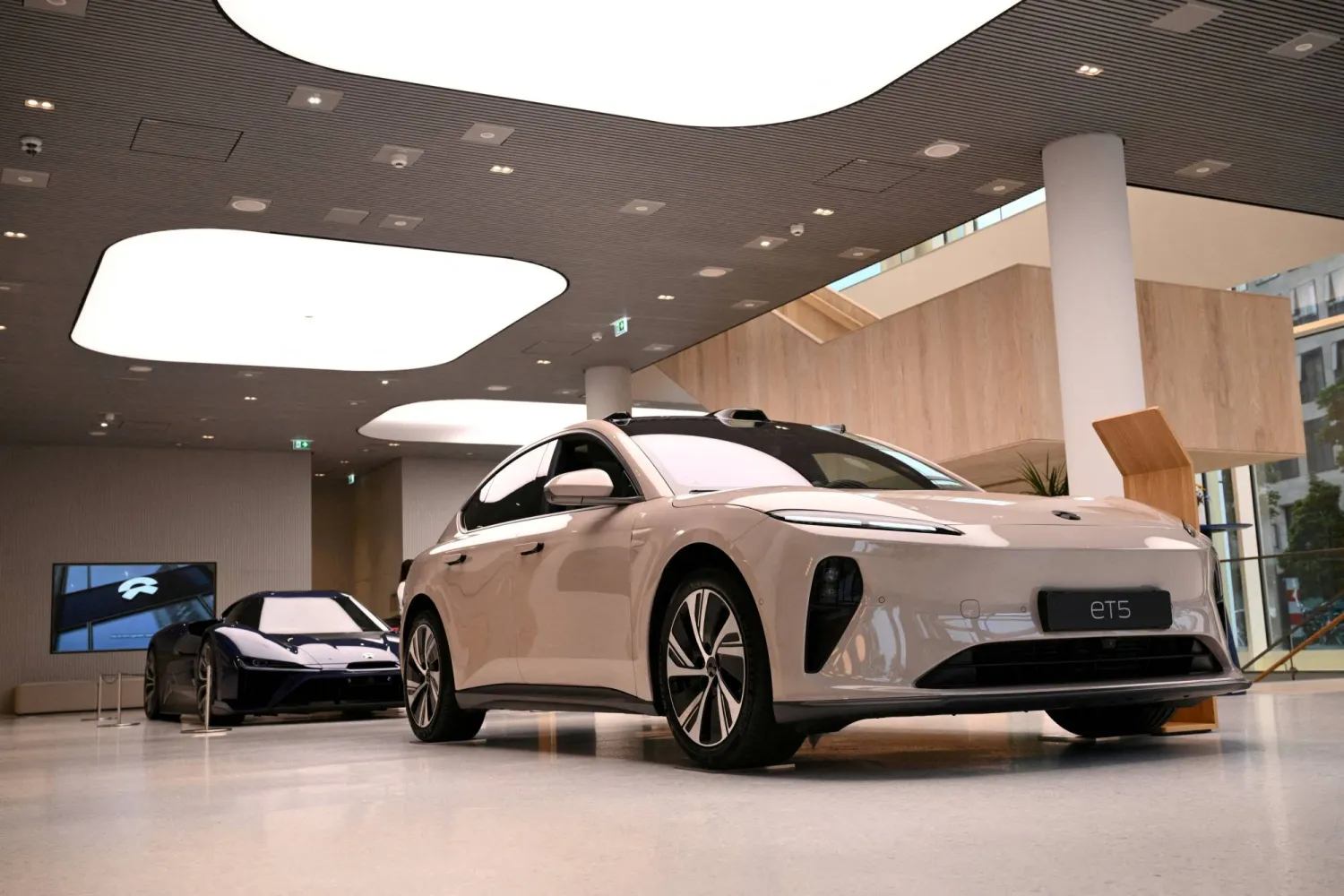The European Union and China have agreed to hold further technical negotiations soon on possible alternatives to tariffs on China-built electric vehicles, although significant gaps remain, the European Commission said on Friday.
The EU is set to impose additional tariffs of up to 35.3% next week on electric vehicles built in China at the conclusion of its anti-subsidy investigation, but has said talks can continue after then, Reuters reported.
The two sides are looking at possible minimum price commitments from Chinese producers or investments in Europe as an alternative to tariffs.
"The principals agreed that further technical negotiations would take place shortly,” the Commission said after a video call between EU trade chief Valdis Dombrovskis and Chinese Minister of Commerce Wang Wentao.
The European Commission, which oversees trade policy for the 27-nation European Union, has already held eight rounds of technical negotiations with Chinese counterparts and said there were "significant remaining gaps.”
Dombrovskis and Wang affirmed their commitment to finding a mutually agreeable solution, which would need to ensure a level playing field in the EU market and to be compatible with World Trade Organization rules, the Commission said.
China urged the EU two weeks ago not to conduct separate negotiations with companies, warning this would "shake the foundations" of negotiations.
The Commission said Dombrovskis had emphasized that the EU executive's negotiations with the China Chamber of Commerce for Import and Export of Machinery and Electronic Products (CCCME) do not exclude discussions with individual exporters.
EU, China Agree to More Talks on Potential Alternatives to EV Tariffs

FILE PHOTO: A NIO ET5 car model and the NIO EP9 sports car are pictured at the NIO House, the showroom of the Chinese premium smart electric vehicle manufacture NIO Inc. in Berlin, Germany August 17, 2023. REUTERS/Annegret Hilse/File Photo

EU, China Agree to More Talks on Potential Alternatives to EV Tariffs

FILE PHOTO: A NIO ET5 car model and the NIO EP9 sports car are pictured at the NIO House, the showroom of the Chinese premium smart electric vehicle manufacture NIO Inc. in Berlin, Germany August 17, 2023. REUTERS/Annegret Hilse/File Photo
لم تشترك بعد
انشئ حساباً خاصاً بك لتحصل على أخبار مخصصة لك ولتتمتع بخاصية حفظ المقالات وتتلقى نشراتنا البريدية المتنوعة







